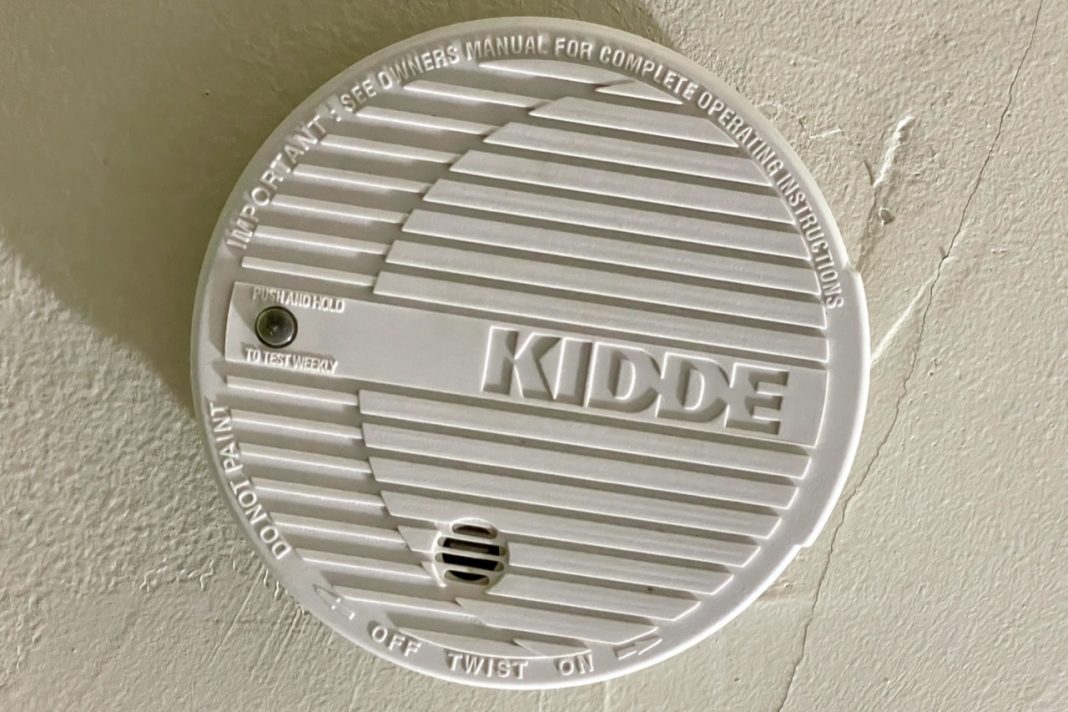The Shapiro Administration is reminding Pennsylvanians to change the batteries in their smoke alarms and carbon monoxide (CO) detectors while changing their clocks for this weekend’s “spring forward” time change. When functioning, smoke alarms can decrease the risk of dying in a home fire by as much as half.
“Smoke alarms are your family’s first line of defense against the dangers of fire,” said State Fire Commissioner Thomas Cook. “When your family’s safety is threatened by a fire, the early warning provided by a smoke alarm can be the difference between safely exiting your home, and not making it out. I can’t emphasize enough the importance of working smoke detectors, especially for the older adults in your life who may need a little extra time to get out.”
Cook said dead or missing batteries are the most common cause of a smoke or CO alarm malfunction. From the moment an alarm sounds, occupants may have fewer than two minutes to safely exit the building. Making an escape plan once your alarm sounds and practicing that plan is critical to ensure a quick exit. Be sure to identify two ways out of each room and identify a meeting place once outside to take account for all occupants. Cook encourages assisting younger children and older adults with developing and practicing these plans.
No matter what type of alarms are used in a home, all should be tested monthly – including ones hard-wired to a home’s electrical system. Smoke and CO alarms have a life span, and the entire unit should be replaced every ten years with a new one.
Often called “the silent killer,” carbon monoxide is an odorless, colorless, tasteless gas that can incapacitate victims before they are aware of exposure. Sources can include wood-burning fireplaces and stoves, gas fireplaces, appliances, grills, generators, and motor vehicles. Maintaining wood and gas-burning appliances is critical to reduce the risk of malfunctions that can lead to carbon monoxide exposure. Having a working CO detector in your home can alert you before you recognize symptoms such as nausea, headaches, dizziness, disorientation and fatigue, which are often confused with other common illnesses.
Homeowners unsure of how to maintain or install smoke and carbon monoxide alarms can call their local fire department for advice. Renters should consult local ordinances to understand any legal requirements for landlords in their area to provide smoke and carbon monoxide detectors.
For more information about the fire service and fire safety tips to keep your loved ones safe, visit the OSFC website.


